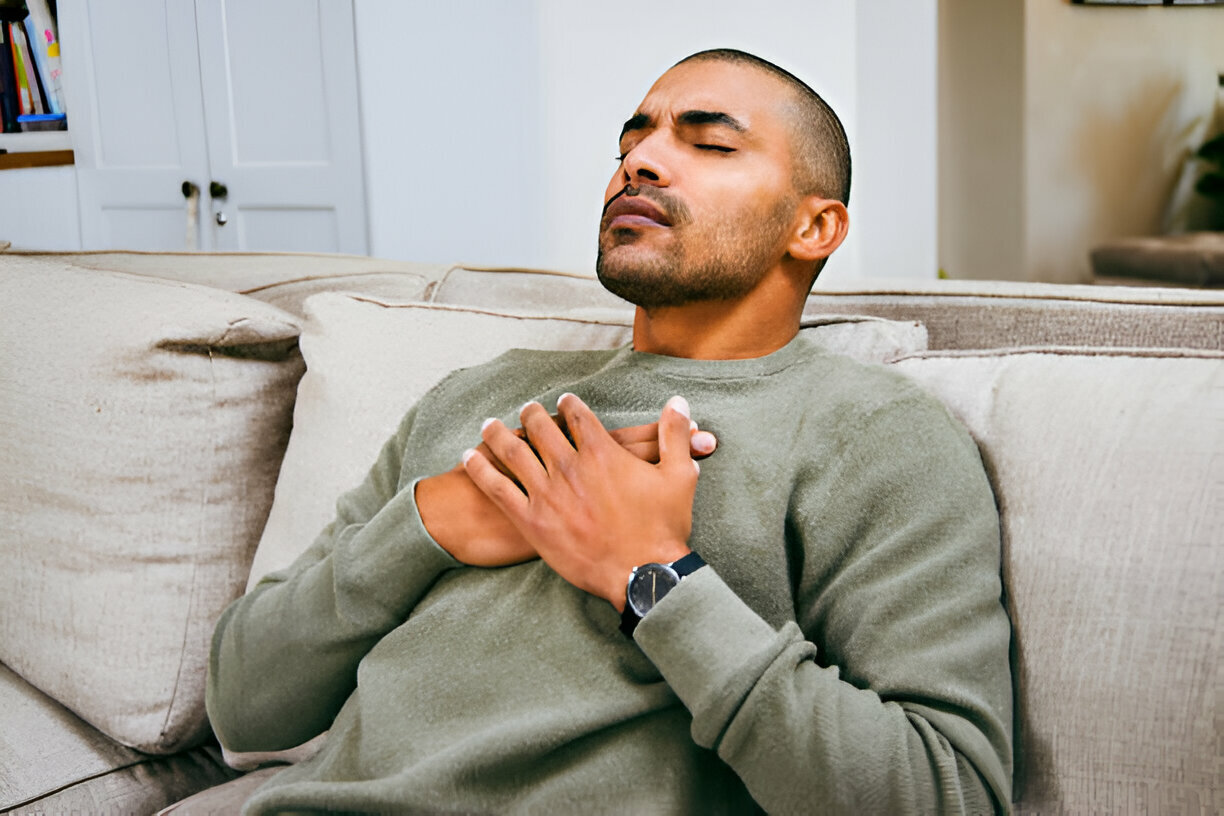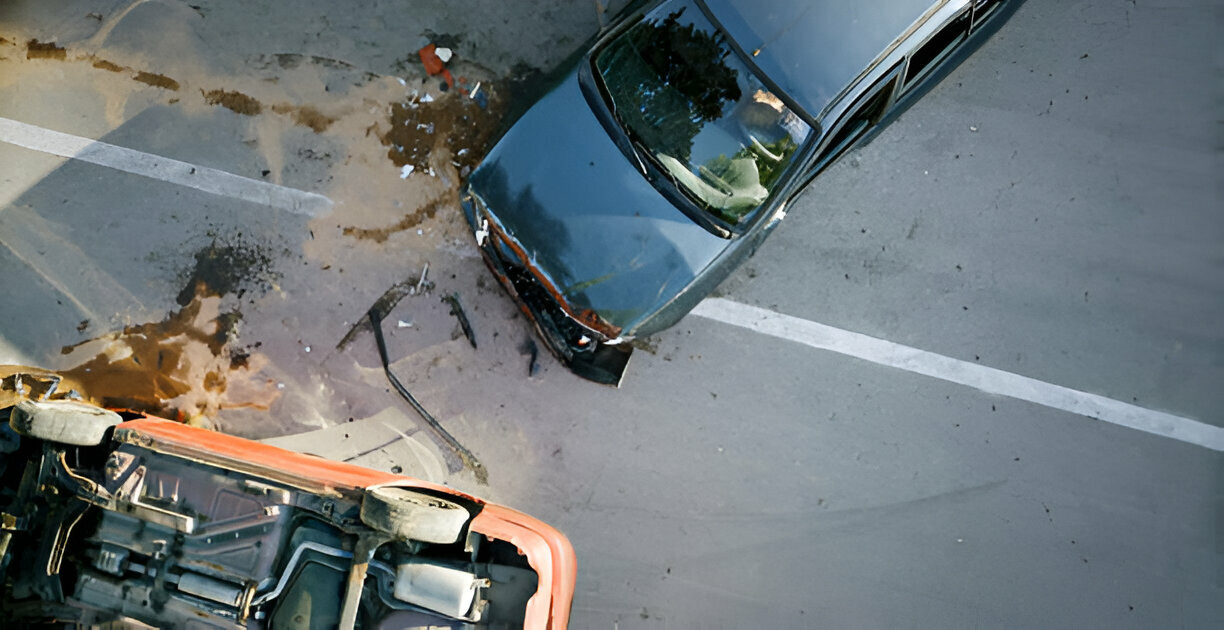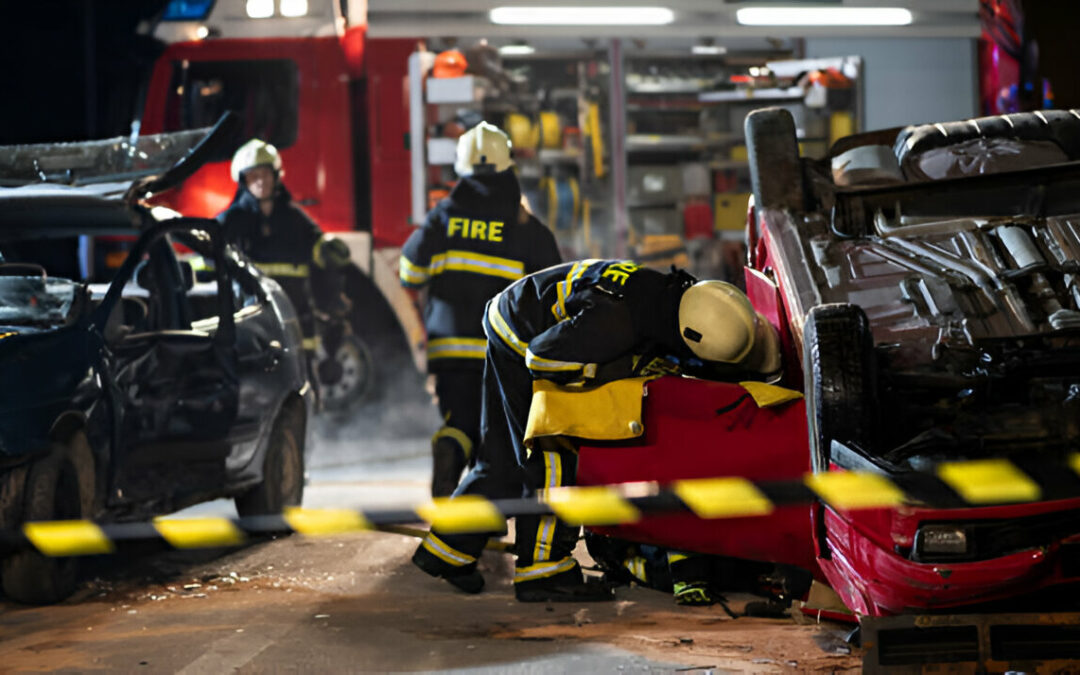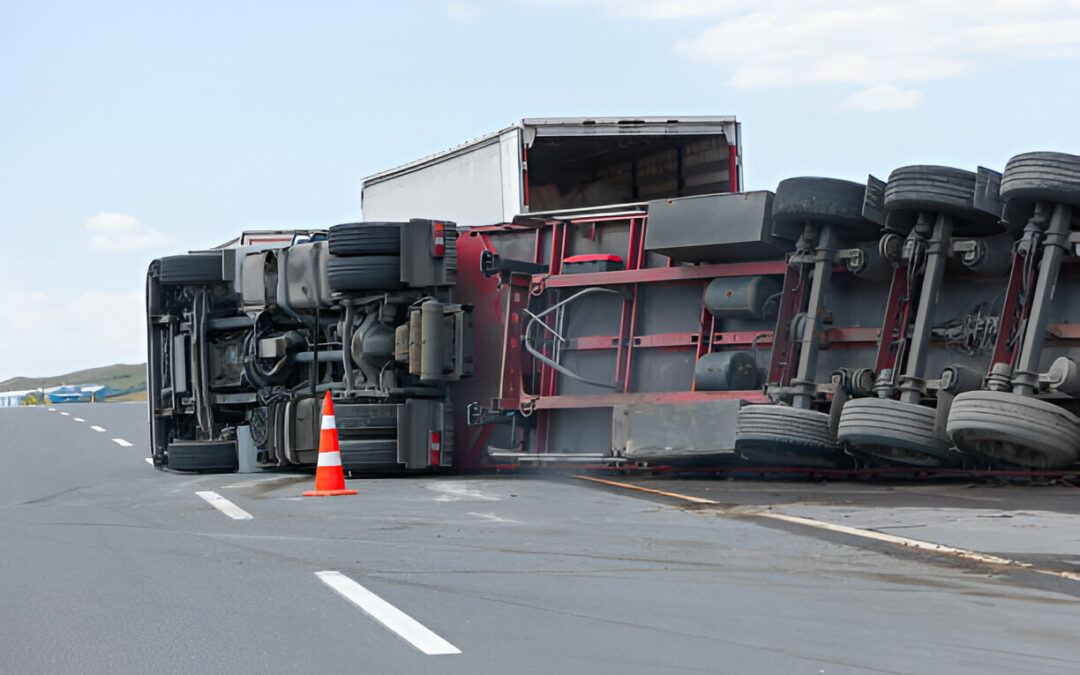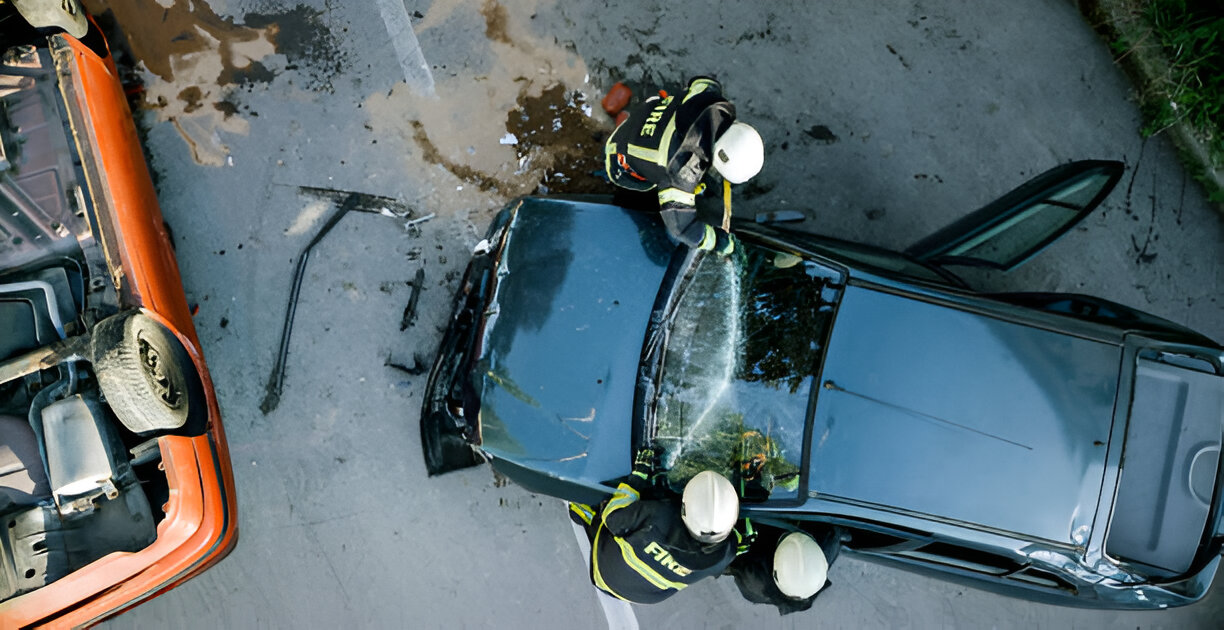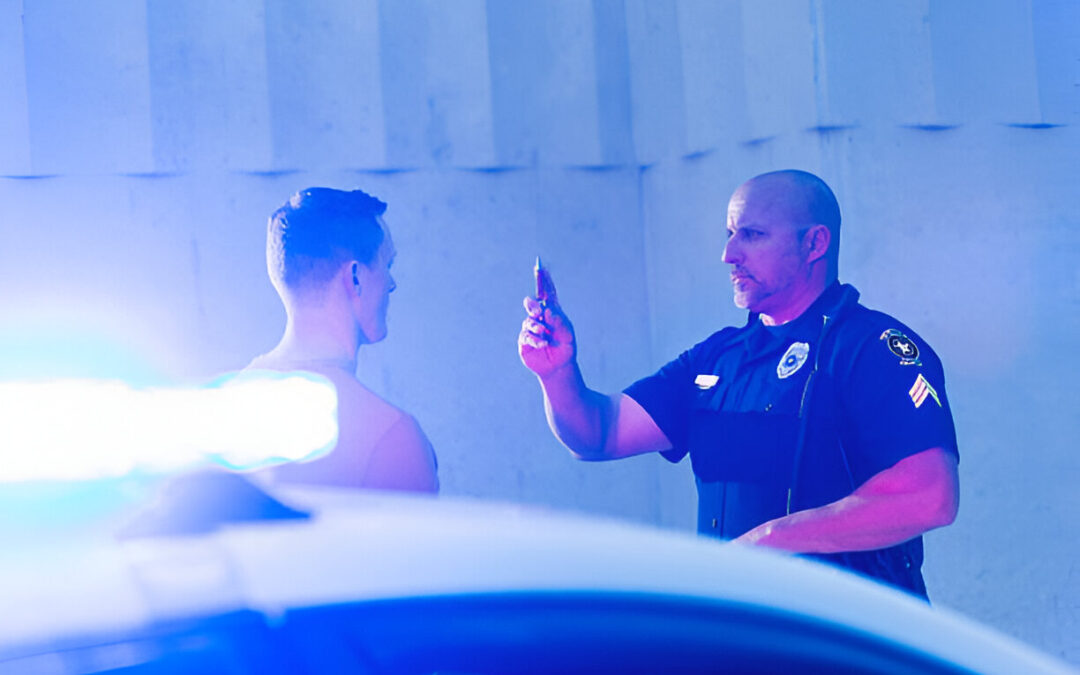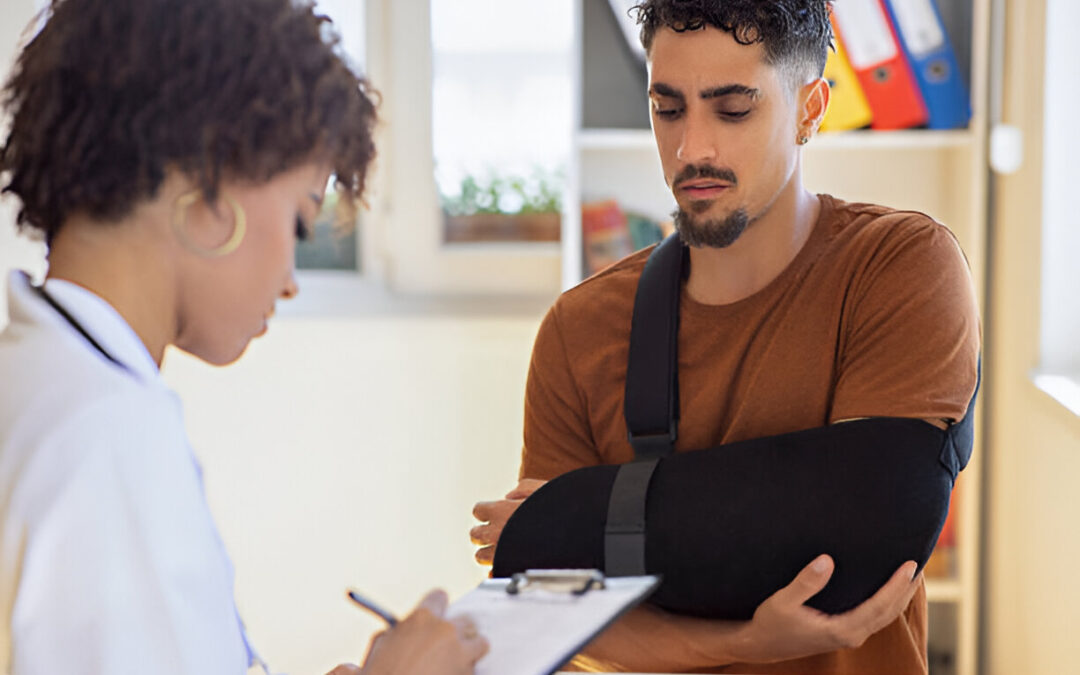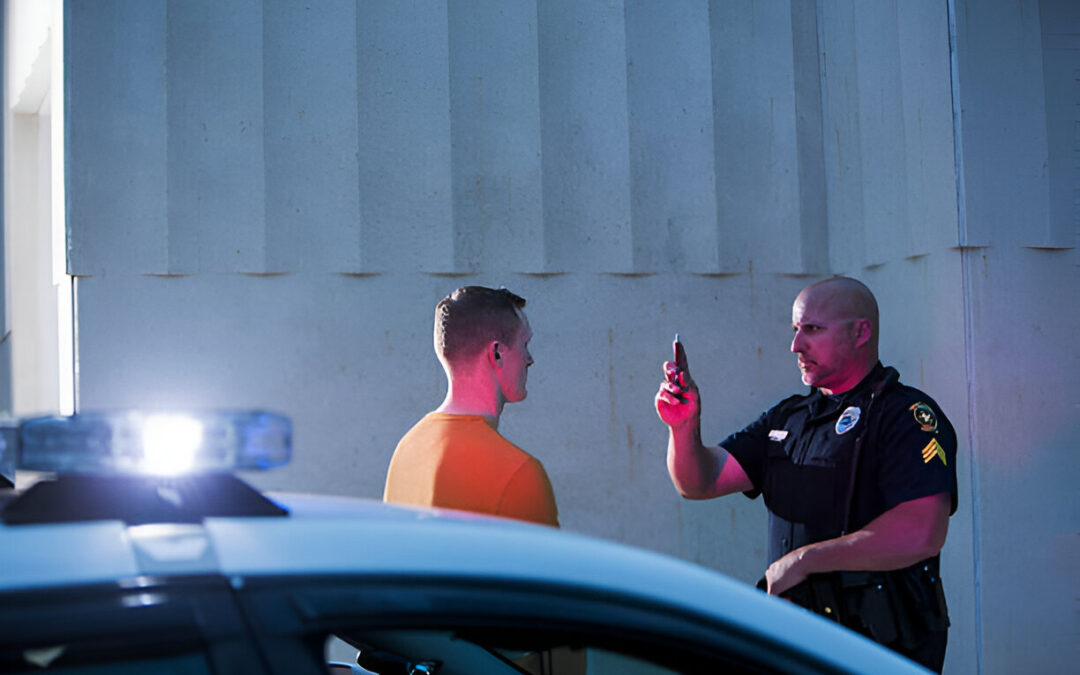Experiencing chest pain after a car accident can be a frightening and concerning experience. While it may be tempting to ignore the pain or brush it off as minor, it’s crucial to address it promptly and seek medical attention.
In this blog, we’ll explore the possible causes of chest pain after a car accident, what steps to take if you experience it, what treatment may entail, and your legal options.
10 Causes of Chest Pain After a Car Accident
- Cardiac Contusion: This refers to a bruise to the heart muscle, which can occur due to the impact of a car accident.
- Heart Attack: The stress and trauma of a car accident can trigger a heart attack, especially in individuals with pre-existing heart conditions.
- Punctured or Bruised Lung: The force of impact in a car accident can cause lung injuries, which can lead to chest pain and difficulty breathing.
- Damage to Internal Organs: Blunt force trauma from a car accident can damage internal organs, including the liver, spleen, or kidneys, leading to chest pain.
- Fractured Ribs: Fractured ribs are a common injury in car accidents and can cause sharp, shooting pain in the chest area.
- Fractured Sternum: The breastbone can fracture due to the impact of a car accident, causing significant chest pain and discomfort.
- Bruised Ribs: Even if not fractured, the ribs can suffer bruises or contusions, which can lead to chest pain.
- Muscle Strain: A car accident’s sudden jolt and impact can strain the chest muscles, causing pain and discomfort.
- General Soreness: The body may experience overall soreness from being jolted inside the vehicle during the accident.
- Inhalation of Airbag Deployment Residue: Cornstarch or other substances used in airbag deployment can cause irritation and chest pain if inhaled during a crash.
6 Steps to Take if You Experience Chest Pains
- Get Examined Immediately: Seek medical attention promptly to rule out any life-threatening conditions. Time is of the essence in diagnosing and treating chest pain after a car accident.
- Receive Medical Treatment and Diagnostic Imaging: Follow through with recommended medical treatment and diagnostic tests, such as CT scans, to determine the cause of your chest pain.
- Document Your Injuries: Early documentation of your injuries is crucial for insurance claims and legal proceedings. Keep records of medical treatments and consultations.
More: How to Document Your Personal Injury Case from Start to Finish
- Consult with an Experienced Attorney: Consider seeking legal advice, especially if your chest pain is due to another driver’s negligence. An attorney can help protect your rights and ensure fair compensation.
- Inform Your Auto Insurance Company: Report your chest pain and injuries to your auto insurance company to initiate the claims process.
- Avoid Signing Settlements Without Legal Advice: Refrain from signing any settlements or waivers without consulting an attorney first. Protect your rights and ensure fair compensation for your injuries.
What Does Treatment Look Like for Chest Injuries?
Treatment for chest injuries varies depending on the specific condition. For a fractured sternum, treatment typically involves applying ice packs, taking anti-inflammatory drugs to reduce swelling, and limiting movement to prevent further injury. Recovery time for a fractured sternum can range from 10 to 12 weeks, although this may be longer if surgery is necessary.
In cases of a punctured lung, treatment may include oxygen therapy to support breathing and rest to allow the lung to heal. Severe cases of a punctured lung may require surgical intervention to repair the damage. When dealing with damage to internal organs, the treatment plan depends on the extent of the injury. It may involve surgery to repair or remove damaged tissue or bed rest and monitoring in less severe cases. Fractured ribs are typically managed with ice packs to reduce pain and inflammation, along with pain management medications. Recovery from fractured ribs generally takes around 1 to 2 months, during which time it’s essential to avoid activities that could exacerbate the injury.
What Are My Legal Options?
Chest injuries from car accidents can have a significant impact on your life, including physical pain and financial strain. If you’ve suffered chest pain due to a car accident caused by someone else’s negligence, you may be entitled to compensation for medical expenses, lost wages, and pain and suffering.
It’s essential to prioritize your safety by always wearing seat belts and following recommended safety guidelines. Seek medical treatment immediately after an accident and document your injuries for insurance purposes. Consulting with experienced car accident attorneys can help you navigate the legal process and ensure your rights are protected.
At Pacin Levine, P.A., our dedicated attorneys are here to provide support and legal representation for car accident victims. Contact us for a free consultation to discuss your case and explore your legal options at 1-800-24-7-CRASH (2727).


